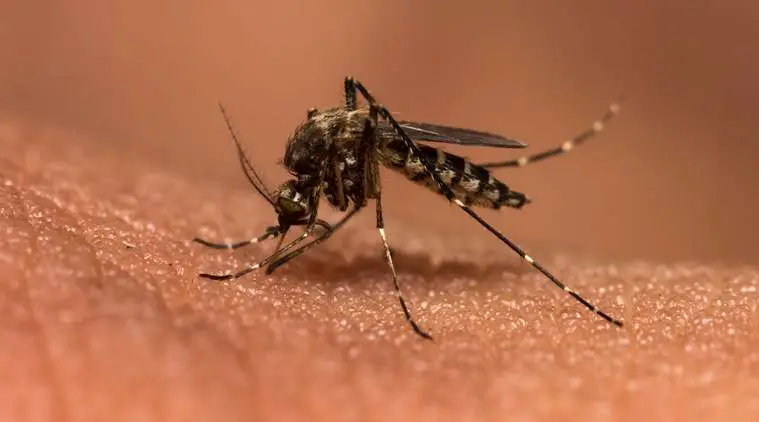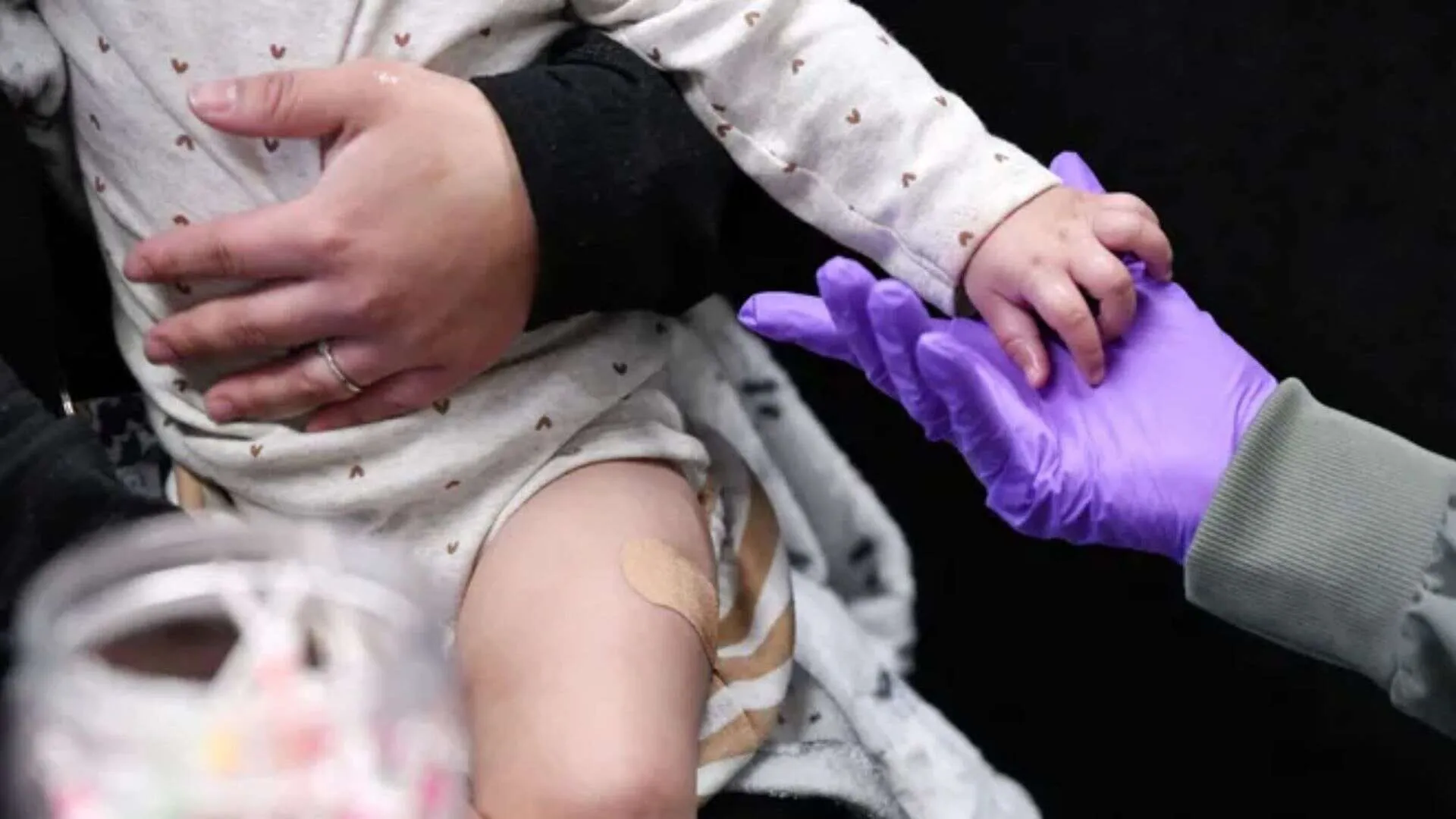In recent weeks, a mysterious illness in the Democratic Republic of Congo (DRC) has prompted widespread concern, with health authorities speculating that it might be malaria. The disease first emerged in the Ituri Province of northeastern Congo, causing a surge in patients presenting with symptoms such as fever, body aches, chills, and fatigue. These symptoms closely resemble those seen in malaria, one of the most prevalent and deadly diseases in sub-Saharan Africa, which has led to initial assumptions that the outbreak is related to this well-known infectious disease.
However, the situation remains unclear, as health officials continue to call for more testing and investigation into the root cause of the outbreak. While malaria is endemic in Congo, the similarities between the symptoms of malaria and those of other diseases have prompted authorities to act cautiously. For instance, diseases like typhoid fever, Ebola, and even some types of viral hemorrhagic fevers can present with similar symptoms, requiring precise diagnostic tools to differentiate them.
Health experts are urging for thorough testing to identify the exact cause of the illness. This includes laboratory tests to rule out malaria and confirm whether a new pathogen is responsible for the outbreak. The World Health Organization (WHO) has expressed its concern and is working closely with the Congolese health authorities to investigate the situation and provide necessary resources, such as medical supplies and diagnostic kits, to help in the detection and containment of the disease.
The outbreak comes at a time when health systems in the DRC are already strained due to a series of public health challenges. The country has faced previous epidemics, including Ebola outbreaks, and has been struggling with infrastructure issues that limit the ability to quickly respond to emerging health threats. This current situation highlights the vulnerability of the region’s healthcare systems and the need for robust surveillance and rapid response capabilities to address disease outbreaks.
In addition to the immediate health risks, there are concerns about the social and economic impacts of such outbreaks. If the mystery disease turns out to be something other than malaria, it could pose an even more significant threat to public health, further straining the country’s already limited resources. Furthermore, such outbreaks can have long-term consequences on the population’s well-being and economic stability, as they often lead to the displacement of people and interruptions to daily life, including schooling and employment.
In the coming weeks, experts expect to receive more information as the results from further tests come in. Until then, the health authorities are taking precautionary measures to control the spread of the disease. Malaria treatment campaigns, along with public health measures to limit mosquito exposure, are being ramped up in the affected areas to ensure that any potential cases of malaria are addressed swiftly.
This mysterious outbreak in Congo underscores the broader challenge of combating infectious diseases in regions where healthcare infrastructure is underdeveloped and the risks of disease transmission are high. While malaria remains a top priority for health officials in sub-Saharan Africa, the rapid emergence of new infectious diseases highlights the need for a flexible and proactive public health approach. Comprehensive monitoring, increased research into disease transmission, and global cooperation are essential to tackling such outbreaks effectively and minimizing the damage caused by these complex health threats.























